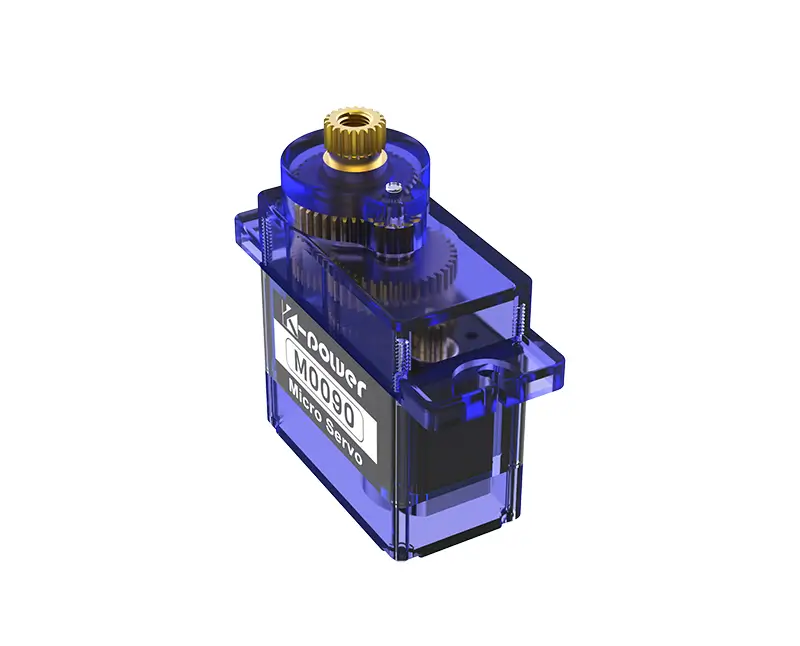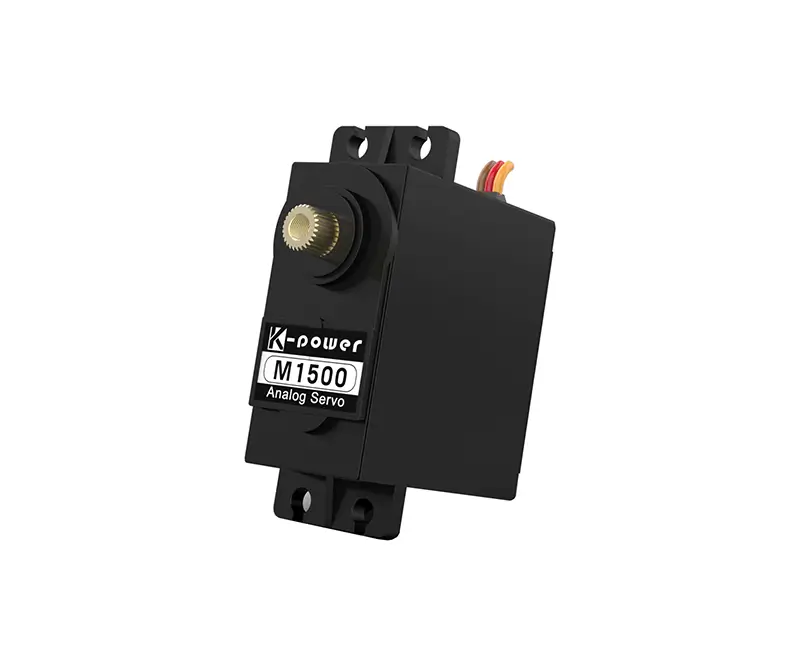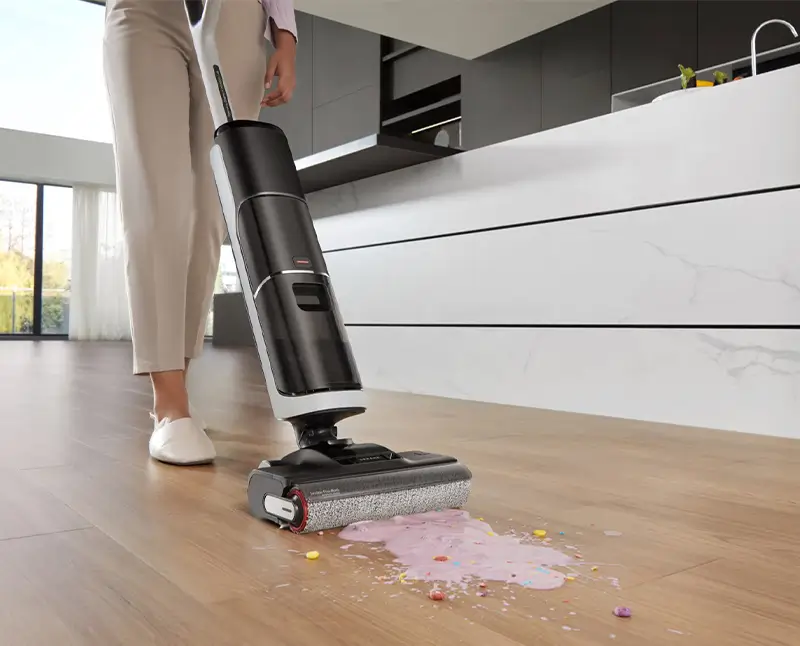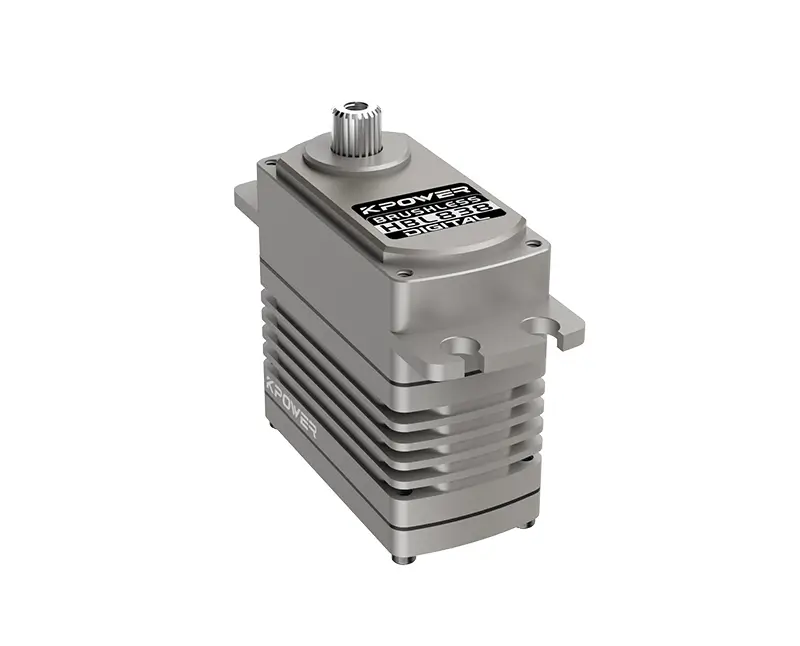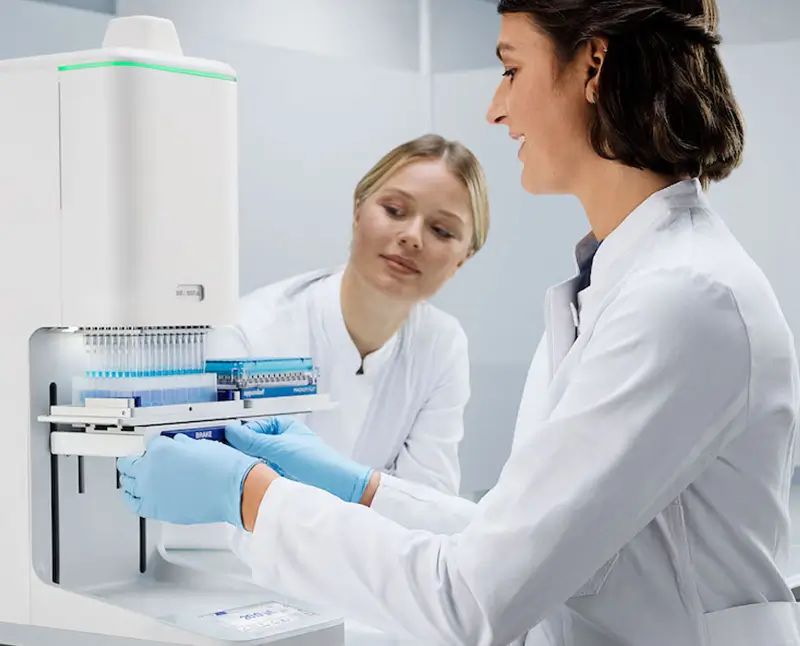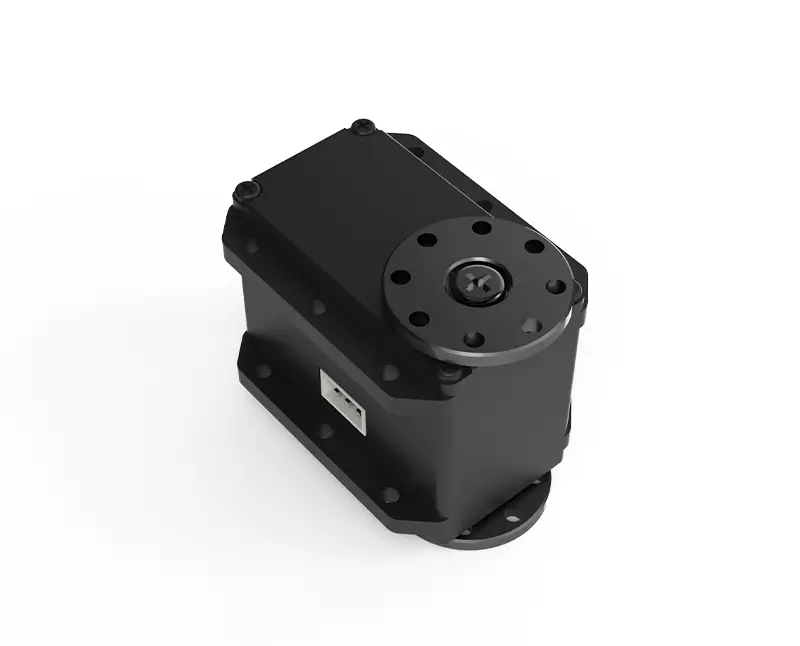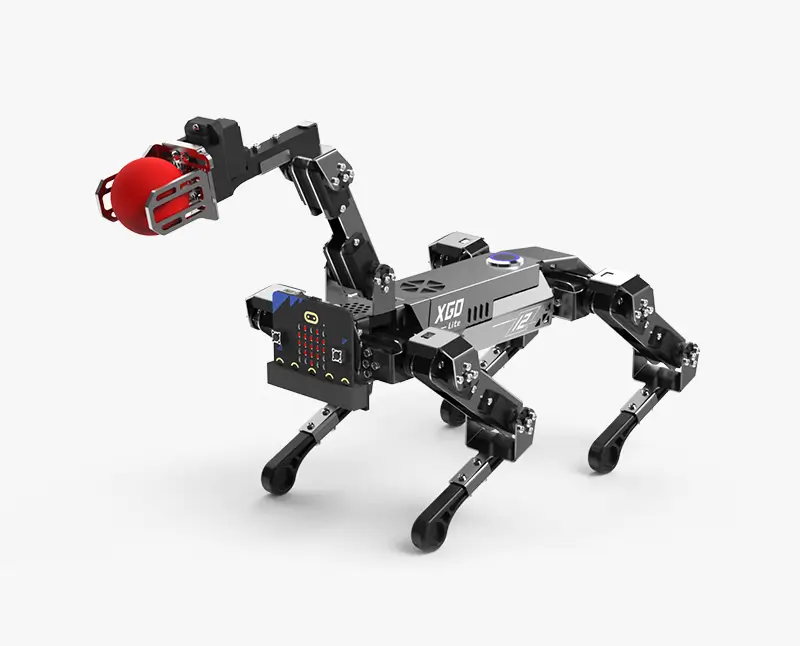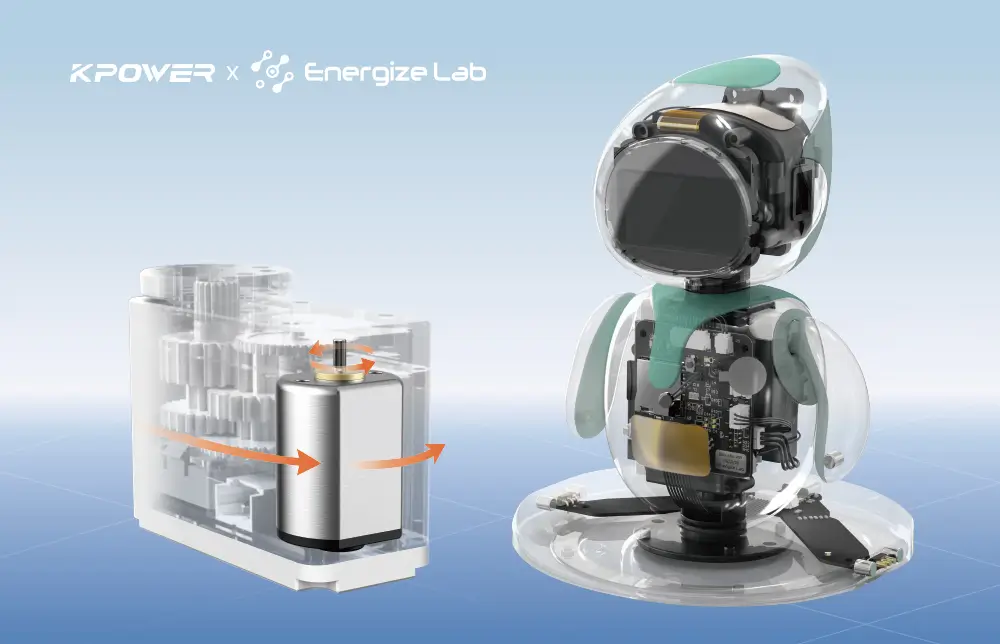Understanding Servo Motor Test Machines and Their Critical Role
Introduction to Servo Motors and the Need for Testing Servo motors are the backbone of modern automation, robotics, and precision machinery. These compact yet powerful devices convert electrical signals into precise mechanical motion, enabling everything from robotic arms in manufacturing plants to flight control systems in aerospace. However, their performance hinges on accuracy, reliability, and durability—qualities that can only be guaranteed through rigorous testing.
.webp)
Enter the servo motor test machine, a specialized system designed to validate every aspect of a motor’s functionality. Whether it’s a prototype in development or a mass-produced unit, these test machines ensure motors meet industry standards, perform under stress, and deliver consistent results over time.
Why Servo Motor Testing Matters
Components of a Servo Motor Test Machine A state-of-the-art test machine integrates hardware and software to create a holistic testing environment:
Dynamometers: Measure torque and rotational speed. Load Banks: Apply variable mechanical or electrical loads to simulate operating conditions. Sensors and Data Acquisition Systems: Track temperature, vibration, current, and voltage in real time. Control Software: Customizable platforms like LabVIEW or MATLAB automate tests and generate reports. Environmental Chambers: Test motors under extreme temperatures, humidity, or pressure.
Applications Across Industries
Automotive: Testing servo motors in electric power steering, throttle control, and EV battery cooling systems. Aerospace: Validating actuators for flight control surfaces and landing gear mechanisms. Manufacturing: Ensuring robotic arms and CNC machines operate flawlessly 24/7. Consumer Electronics: Verifying precision in drones, camera gimbals, and home automation systems.
Key Benefits of Servo Motor Test Machines
Reduced Downtime: Early fault detection prevents unexpected breakdowns in production lines. Cost Savings: Avoiding recalls or warranty claims by catching defects before products ship. Enhanced Reputation: Delivering reliable motors builds trust with clients and end-users. Sustainability: Optimizing energy efficiency reduces operational costs and environmental impact.
Challenges in Servo Motor Testing While test machines offer immense value, they come with challenges:
Complex Setup: Configuring tests for diverse motor types (AC, DC, brushless) requires expertise. High Initial Costs: Advanced systems with AI-driven analytics demand significant investment. Data Overload: Managing terabytes of test data necessitates robust analytics tools.
The Future of Testing: Smart and Connected Systems Modern servo motor test machines are evolving with IoT and AI integration. Predictive maintenance algorithms analyze historical data to forecast failures, while cloud-based platforms enable remote monitoring. For instance, a manufacturer in Germany can troubleshoot a motor tested in a Mexican facility in real time, slashing resolution times.
Choosing the Right Servo Motor Test Machine and Future Trends
How to Select a Servo Motor Test Machine Picking the ideal test system involves evaluating your needs against these factors:
Testing Requirements: Define parameters like torque range (e.g., 0.1 Nm to 500 Nm), speed (RPM), and environmental conditions. Accuracy: Look for systems with ±0.1% precision in measurements. Scalability: Modular designs allow upgrades as your product line expands. Software Compatibility: Ensure the system integrates with your existing CAD/CAE tools. Support and Training: Vendors offering 24/7 technical support reduce downtime risks.
Case Study: Automotive OEM Enhances EV Motor Reliability A leading electric vehicle manufacturer faced recurring issues with motor overheating during rapid acceleration. By deploying a servo motor test machine with thermal imaging and dynamic load simulation, engineers identified inadequate cooling in the rotor design. Post-optimization, motor failures dropped by 70%, boosting customer satisfaction.
Advanced Features to Look For
Real-Time Analytics: Dashboards displaying live data streams for instant decision-making. AI-Powered Diagnostics: Machine learning models that correlate vibration patterns with potential bearing wear. Regenerative Load Systems: Energy-efficient setups that recycle power during testing, cutting electricity costs. Multi-Axis Testing: Evaluate motors performing complex movements, like those in surgical robots.
Overcoming Testing Limitations To address high costs and complexity, many companies opt for rental or leased test systems. This approach provides access to cutting-edge technology without upfront capital expenditure. Additionally, collaborative partnerships between motor manufacturers and testing labs distribute resource burdens.
Sustainability in Servo Motor Testing As industries prioritize ESG (Environmental, Social, Governance) goals, test machines are adapting:
Energy Recovery Systems: Convert wasted heat or kinetic energy into reusable power. Eco-Friendly Materials: Using recyclable components in test machine construction. Paperless Reporting: Digital twins and cloud storage eliminate physical documentation.
Emerging Trends Shaping the Future
Digital Twins: Virtual replicas of motors enable simulation-based testing, reducing physical prototypes. Edge Computing: On-device data processing accelerates analysis, ideal for high-speed testing. 5G Connectivity: Ultra-low latency enables real-time collaboration across global teams. Additive Manufacturing: 3D-printed motor components require new testing protocols for material integrity.
The Human Element: Skills for the Next Generation As test machines grow smarter, the demand for skilled technicians persists. Professionals must master:
Data Science: Interpreting AI-generated insights. Cross-Disciplinary Knowledge: Understanding motor design, software, and IoT. Problem-Solving: Diagnosing edge-case failures that algorithms might miss.
Conclusion: Investing in Precision, Powering Innovation Servo motor test machines are not just quality control tools—they are enablers of progress. In a world increasingly reliant on automation, these systems ensure that every motor, whether in a smart factory or a Mars rover, performs flawlessly. By embracing advanced testing technologies, businesses can stay ahead of competitors, meet evolving customer demands, and contribute to a safer, more efficient future.


































.webp)
